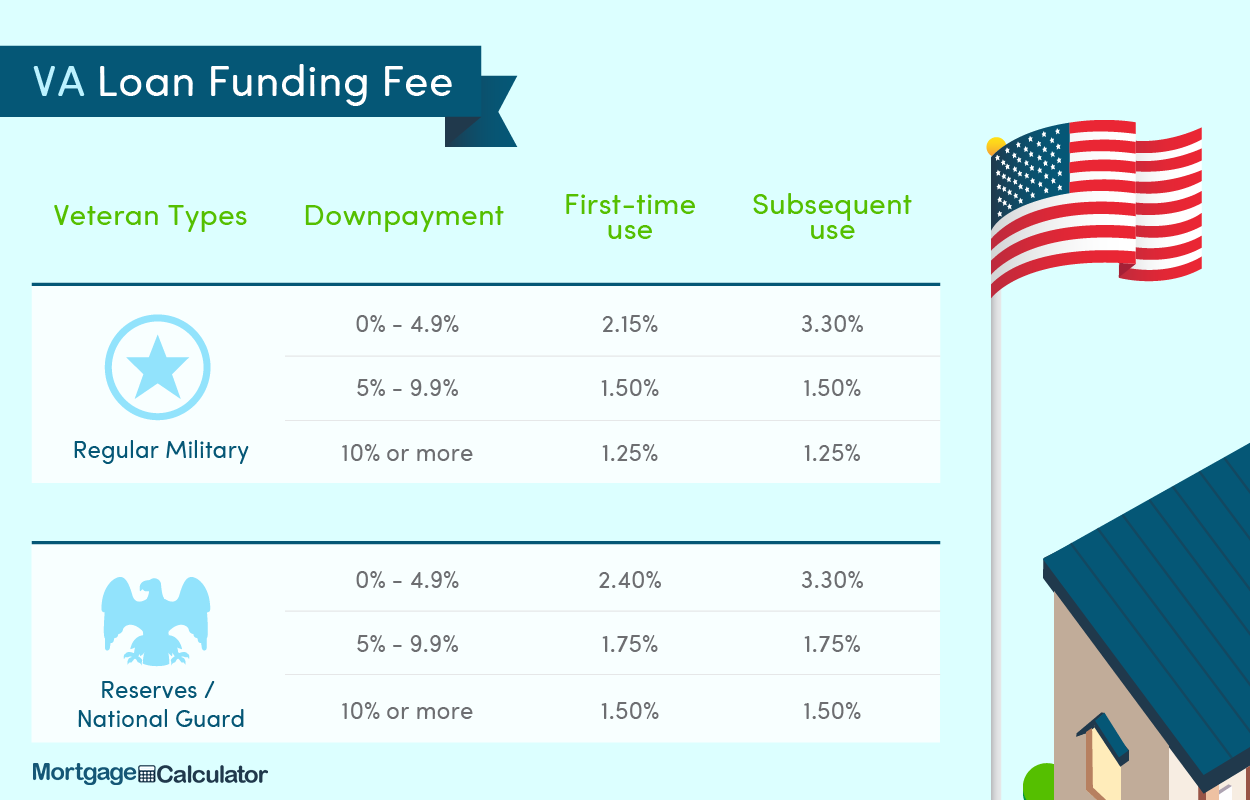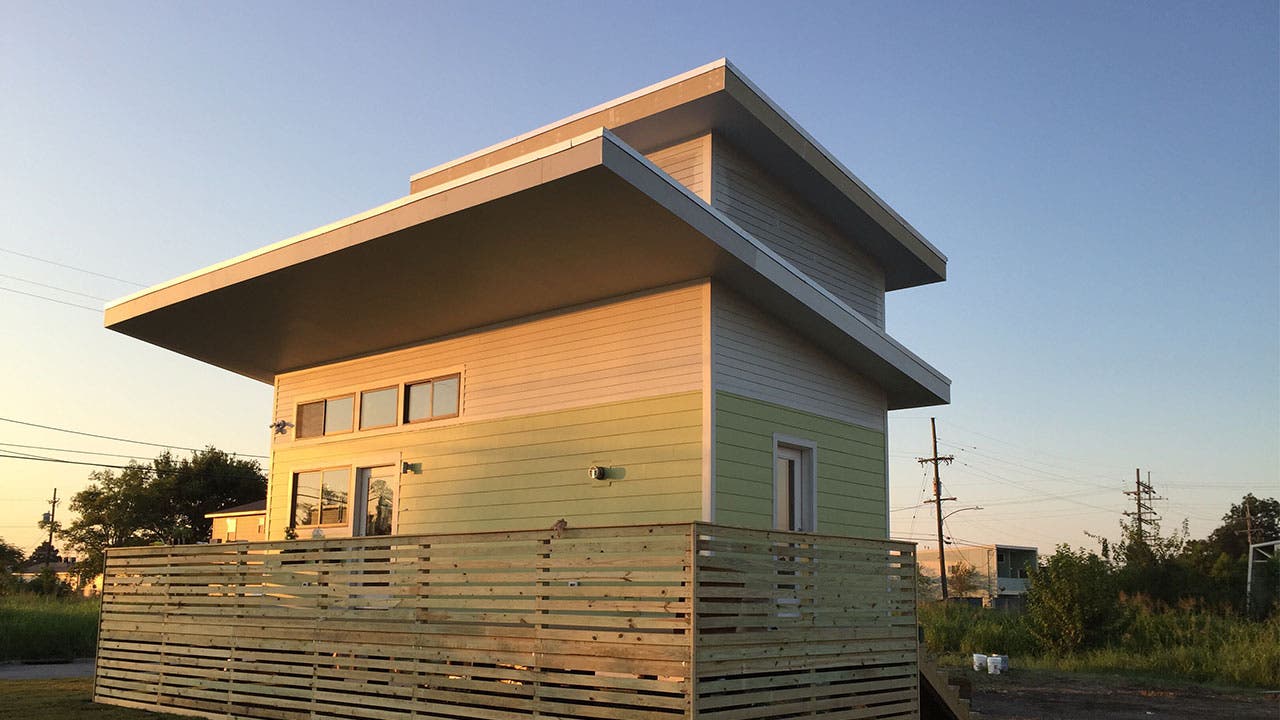The customer wesley financial group llc either has substantial equity in their home (typically at least 50% of the home's worth) or has actually paid it off totally. The customer chooses they require the liquidity that includes eliminating equity from their home, so they deal with a reverse mortgage counselor to find a lender and a program.
The loan provider does a credit check, evaluates the customer's residential or commercial property, its title and evaluated worth. If authorized, the loan provider funds the loan, with earnings structured as either a swelling amount, a line of credit or regular annuity payments (monthly, quarterly or annually, for instance), depending upon what the borrower picks.
Some loans have constraints on how the funds can be utilized (such as for improvements or restorations), while others are unlimited. These loans last until the customer passes away or moves, at which time they (or their beneficiaries) can pay back the loan, or the home can be sold to pay back the loan provider.
In order to receive a government-sponsored reverse home mortgage, the youngest owner of a house being mortgaged should be at least 62 years of ages. Customers can only borrow against their primary home and needs to also either own their residential or commercial property outright or have at least 50% equity with, at many, one main lienin other words, debtors can't have a 2nd lien from something like a HELOC or a second mortgage.
Usually only specific types of properties qualify for government-backed reverse mortgages. Qualified residential or commercial properties include: Single-family homes Multi-unit properties with as much as 4 units Made homes developed after June 1976 Condos or townhomes When it comes to government-sponsored reverse home loans, borrowers also are required to sit through an info session with an approved reverse mortgage counselor.
Private reverse home loans have their own certification requirements that vary by loan provider and loan program. If you get an exclusive reverse mortgage, there are no set limits on how much you can borrow. All limitations and restrictions are set by individual loan providers. However, when using a government-backed reverse home loan program, house owners are forbidden from borrowing as much as their house's assessed value or the FHA optimum claim amount ($ 765,600).
Part of the home's value is used to collateralize loan expenditures, and lending institutions likewise typically firmly insist on a buffer in case home worths decrease. Loaning limits also adjust based upon the debtor's age and credit and likewise the loan's interest rate. There are two main costs for government-backed reverse mortgages: These might be repaired if you take a swelling amount (with rates starting under 3.5% a rate similar to conventional mortgages and much lower than other house equity loan products).

Examine This Report about How Do Mortgages Work In Monopoly
Federally backed reverse mortgages have a 2% upfront mortgage insurance coverage premium and annual premiums of 0.5%. Home loan insurance is indicated to safeguard lending institutions in case of customer default. While reverse mortgages can't usually default in the same ways as conventional mortgageswhen debtors stop working to make paymentsthey can still default when owners stop working to Go to the website pay property taxes or insurance or by failing to appropriately maintain their properties.
Lenders also usually charge other costs, consisting of for property appraisals, servicing/administering loans and other closing costs, such as credit check charges. Nevertheless, all costs are usually rolled into the balance of the home loan, so lenders don't need to pay them expense. Many reverse home loans are government-insured loans. Like other government loans, like USDA or FHA loans, these products have rules that standard home loans don't have, because they're government-insured.
There are likewise personal reverse home mortgages, which do not have the same rigorous eligibility requirements or lending requirements. Single-purpose loans are usually the least costly type of reverse mortgage. These loans are offered by nonprofits and state and city governments for particular functions, which are dictated by the lender. Loans may be offered things like repair work or improvements.

Home equity conversion home loans (HECMs) are backed by the U.S. Department of Housing and Urban Advancement and can be more expensive than traditional home loans. Nevertheless, loan funds can be used for simply about anything. Customers can select to get their money in numerous different methods, consisting of a swelling amount, repaired regular monthly payments, a credit line or a combination of routine payments and credit line.
Lenders set their own eligibility requirements, rates, charges, terms and underwriting process. While these loans can be the simplest to get and the fastest to fund, they're likewise understood to attract unscrupulous professionals who use reverse home loans as a chance to rip-off unsuspecting elders out of their residential or commercial property's equity. Reverse home loans aren't good for everyone.
A reverse mortgage might make good sense for: Senior citizens who are coming across considerable expenses late in life Individuals who have actually diminished many of their savings and have significant equity in their primary houses People who don't have beneficiaries who care to acquire their house While there are some cases where reverse mortgages can be helpful, there are lots of factors to avoid them (what type of interest is calculated on home mortgages).
In truth, if you believe you may plan to repay your loan in full, then you might be better off avoiding reverse home mortgages completely. Nevertheless, typically speaking, reverse home mortgages should be repaid when the debtor dies, moves, or sells their home. At that time, the customers Visit this page (or their heirs) can either repay the loan and keep the residential or commercial property or sell the house and use the earnings to pay back the loan, with the sellers keeping any earnings that stay after the loan is paid back.
Getting My What Is An Underwriter In Mortgages To Work
But a lot of the advertisements that customers see are for reverse home mortgages from private business (what is the current interest rate for home mortgages). When dealing with a private lenderor even a personal company that claims to broker federal government loansit's essential for borrowers to be cautious. Here are some things to watch out for, according to the FBI: Do not react to unsolicited mailers or other advertisements Don't sign files if you do not understand themconsider having them examined by an attorney Don't accept payment for a home you don't own Be careful of anybody who says you can get something for nothing (i.e., no deposit) In a lot of cases, these frauds get unwitting house owners to get reverse home loans and give the cash to the fraudster.
Reverse mortgages aren't for everyone. In lots of cases, potential debtors might not even certify, for instance, if they aren't over 62 or don't have considerable equity in their houses. If a reverse home mortgage isn't right for you, there are plenty of other paths you can go to get the financing you need.
A reverse home loan is a home loan that you do not have to repay for as long as you live in your house. It can be paid to you in one lump amount, as a routine monthly earnings, or at the times and in the amounts you want. The loan and interest are repaid only when you offer your home, completely move away, or die.
They are repaid in full when the last living debtor dies, offers the house, or completely moves away. Because you make no regular monthly payments, the quantity you owe grows bigger with time. By law, you can never ever owe more than your home's value at the time the loan is paid back.